The heart of Leonard Cohen.
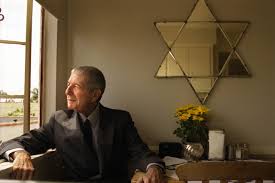
The heart of Leonard Cohen.

We understand that Willie Anthony Waters has been admitted into the ICU of Mount Sinai Hospital in his tometown Miami, suffering from Covid-19.
Willie is former General and Artistic Director of Connecticut Opera and Artistic Director of Florida Grand Opera.
We pray for his recovery.
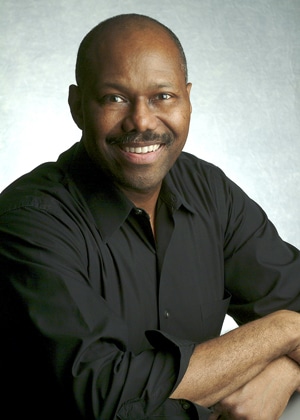
This is more constructive than some other US orchestras:
The Minnesota Orchestra announced today the restructuring of its 2019-2020 concert season, due to the COVID-19 pandemic. Designed to delay all concerts until August 2020, the revised concert calendar reschedules numerous performances and cancels all others through June 15, 2020; postpones all Summer at Orchestra Hall 2020 concerts and activities until summer 2021; and includes five newly-added weeks of August and early September 2020 performances at Orchestra Hall to accommodate the rescheduled concerts, played during the period that is typically the break time between Minnesota Orchestra seasons. Featuring the full Minnesota Orchestra and four Orchestra musicians as soloists, the August and early September performances will be led by Music Director Osmo Vänskä and Associate Conductor Akiko Fujimoto. The Orchestra had previously announced concert cancellations through April 28. All ticketholders are being notified directly of these changes and offered a variety of options around their tickets.
“We miss sharing live music with our audiences very much, and we have weighed many options around when the Orchestra can resume performances again,” said Music Director Osmo Vänskä. “Based on the latest information, we have adapted our calendar to shift performances into August, when we are hopeful we’ll be able to gather at Orchestra Hall. The Orchestra will always follow all the recommended health guidelines and if we need to make changes to this revised calendar as August draws closer, we will do so. For the performances that cannot happen this spring, we hope audiences will enjoy instead the at-home concerts we are sharing on the Orchestra’s website. Mostly, I hope everyone can find inspiration in the music itself. So many great works of classical music are rooted in hope and renewal, and I believe this music can help sustain us now, until we are able to share it together at Orchestra Hall again. I thank you for the warm wishes you have been sending to the Orchestra, and we send those same good thoughts back to you.”
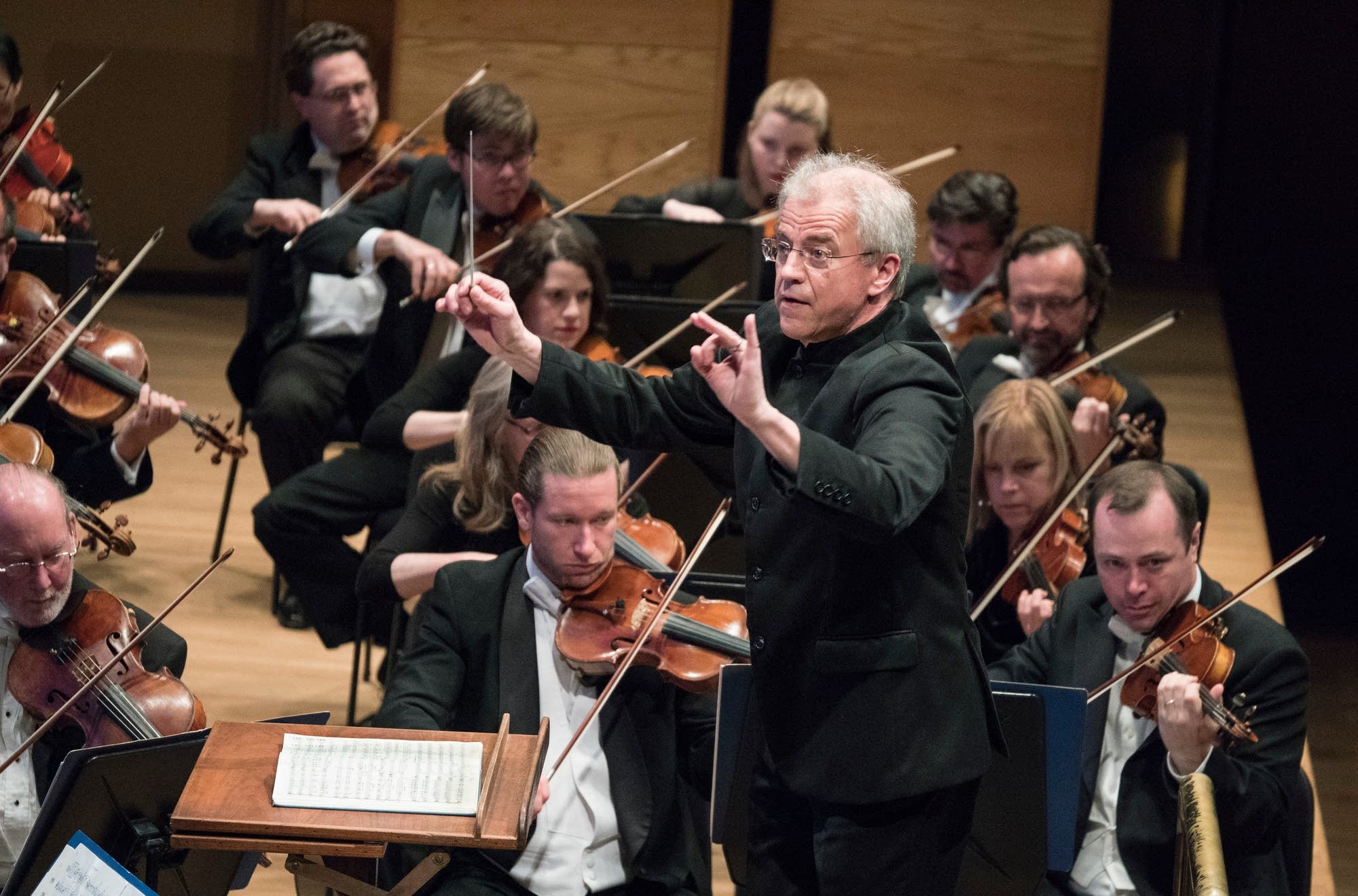
A senor adviser to Angela Merkel’s government has said ‘it would certainly be very wise’ to keep places of public entertainment – including football stadia and concert halls – closed for the next 18 months.
The advice comes from Gerald Haug, president of the Leopoldina Academy of Sciences.
He added: ‘There are also more optimistic assessments of the situation. But it will certainly last several months more, it could go up to a year-and-a-half.’
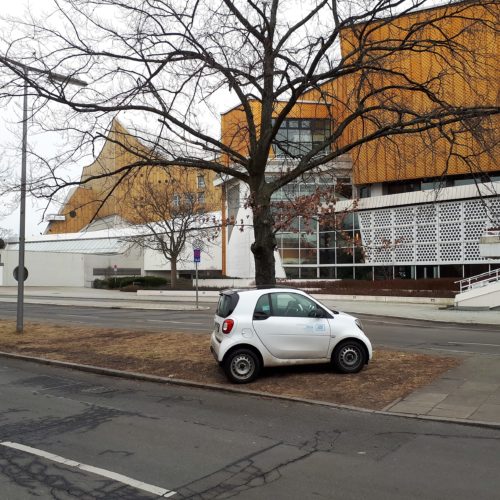
The Cabinet is due to discuss his recommendation tomorrow (Wednesday).
UPDATE: Here is a fuller report of the paper that has been sumbitted and its proposer:
The death is reported of Kerstin Meyer, a leading mezzo-soprano on the international stage in the 1950s and 1960s.
She was 92.
Kerstin made her Covent Garden debut in the 1960 revival of Les Troyens and went on to create a role in Ligeti’s Le grand macabre.
She also appeared at Glyndebourne, Aldeburgh, Hamburg and Munich.
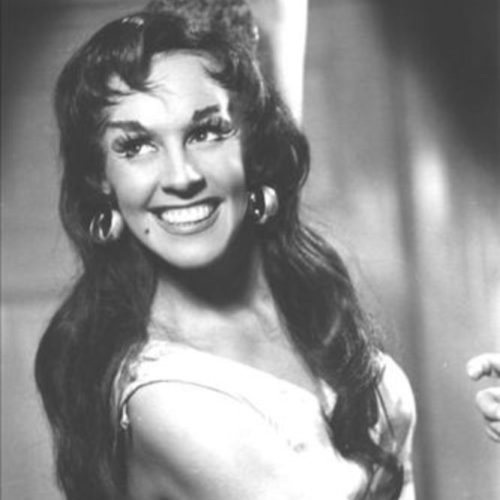
The Melbourne Symphony Orchestra will lay off its musicians next week.
The board said: ‘Unfortunately it is with great regret that we have no other option at this time than to enact a stand down of our musicians in accordance with the Fair Work Act.’
Twelve admin staff have already been stood down.
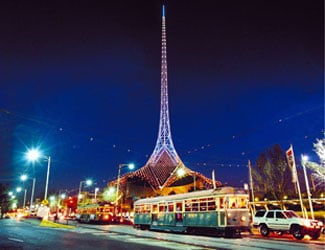
The Estonion composer has been speaking to a Spanish newspaper:
‘This tiny coronavirus has showed us in a painful way that humanity is a single organism and human existence is possible only in relation to other living beings. The notion of “relationship” should be understood as a maxim, as the ability to love. Although this is truly a high standard, maybe even too high for a human being.
‘Our current situation is paradoxical: on the one hand, it means isolation, on the other, it brings us closer. While isolating ourselves, we should be able to – we are even forced to – appreciate our relationships in a small circle and to tend to them. All of this we have to learn before we expect, or even demand, love and justice from the whole world. In a way, the coronavirus has sent us all back to first grade. Only once we’ve passed this test can we begin to think about the next steps. This is a very long process.’
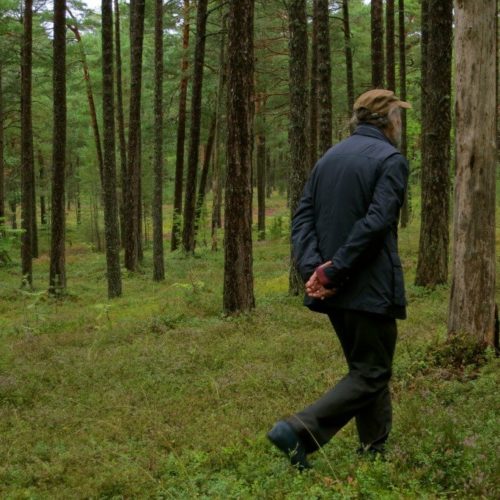
A thoughtful statement from Fergus Linehan:
Over the last 30 years or so, it’s been easy to be drawn into a world in which the arts are framed as part of a wider economic regeneration agenda that’s all about tourism and never-ending growth. But now, I think there is a real change of political mood under way; and we’re recognising that that old approach is no longer sustainable either environmentally, or in terms of the real value of the arts, which are so much more than just a branding exercise. The Edinburgh International Festival has always had an international mission, of course. But it shouldn’t be beyond the wit of man to make it both a festival for the wider world, and a festival for Edinburgh and all its people; and I think that after a year in which, for once, we don’t have to produce a festival on a tight schedule, none of us are going to have any excuse for not coming up with some brilliant new thinking about what an international festival might look like, in those new times.
That’s serious stuff, and much needed.

More here.
The Frenchman Olivier Tardy has been chosen as the new chief of the Brandenburg Symphony Orchestra. He starts next season, succeeding the veteran Peter Gülke, 86.
Tardy is a former principal flute at Bavarian State Opera.
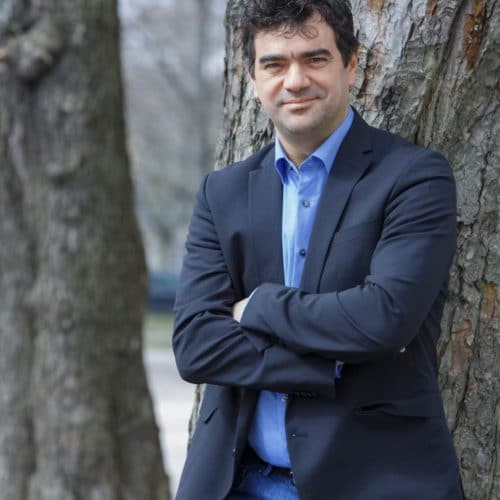
One of the world’s most exciting theatre festivals confirmed cancellation after President Macron said there would be no public entertainments before mid-July, at the earliest.
This would have been Avignon’s 74th festival.
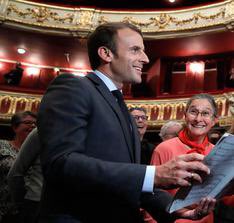
Holed up in Paris with husband Etienne Dupuis, the soprano Nicole Car has founded Freelance Artist Relief Australia.
Her colleague Siobhan Stagg in Berlin has pitched in: ‘We made a list of Australians based internationally who were really feeling the pinch. Not only were they out of work; they’d paid huge costs for their apartments, travel and don’t get any compensation’, she told the Age.
‘I’m in a safer position so I’m thrilled to team up with Nicole to hopefully reach our goal of $1 million,’ she says. ‘It reminds me of Nellie Melba, famous as the most successful singer of her generation, but she raised huge amounts in the First World War for soldiers’ families.’
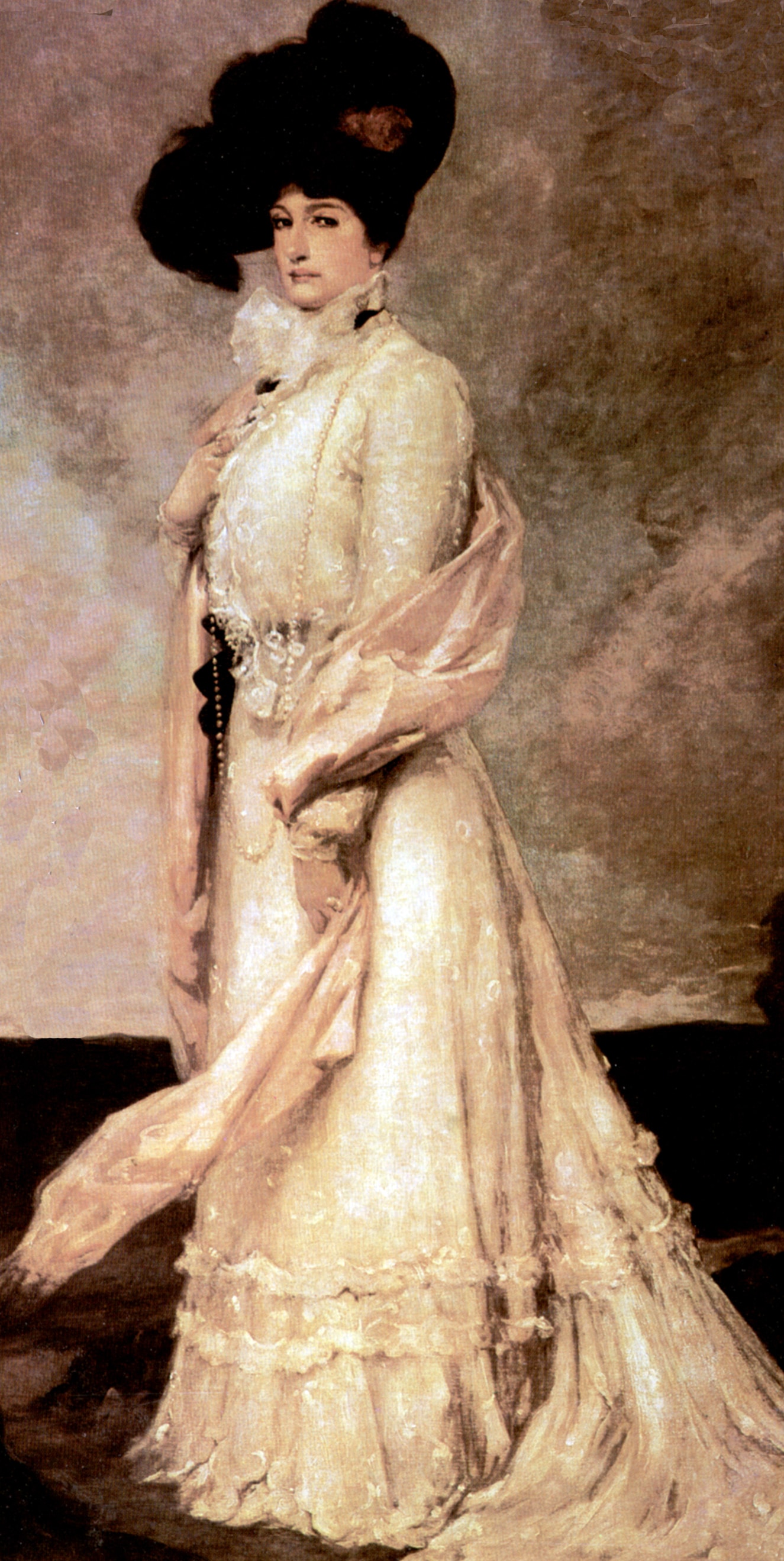
Please give to http://www.freelanceartistrelief.com